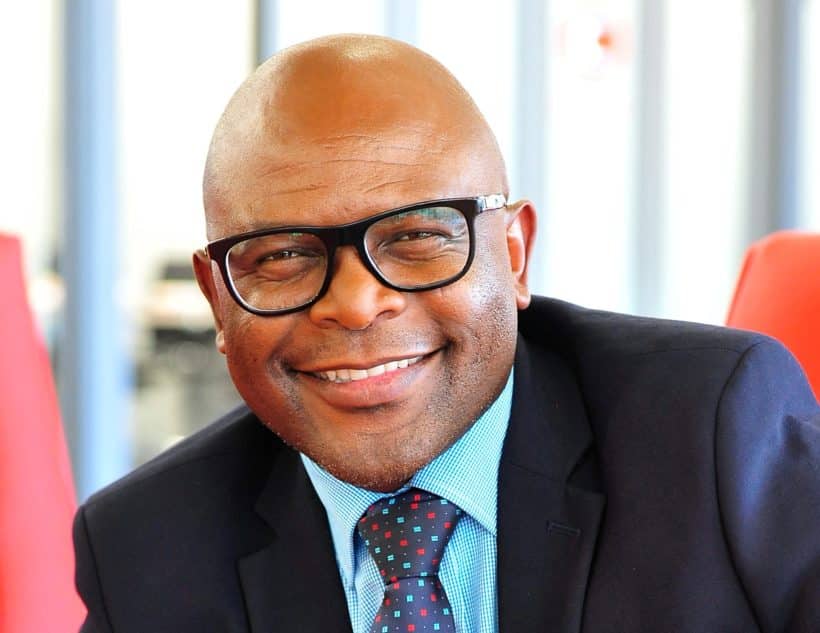
There is no doubt that technology has transformed all aspects of our personal and business lives. The financial sector is one such area that has drastically changed, as clients access financial solutions in new ways. For individuals as well as businesses, digital services have made financial services more convenient, affordable and efficient.
Despite these enhanced benefits, there are very few business owners who believe that technology can replace the role of a human being. In fact, many believe that having a skilled and trusted relationship banker who is knowledgeable about their business and understands its history, its financial position, and the sector in which it operates can make the difference between success and failure.
Businesses that are entering a growth phase or generally have complex needs around corporate finance, cashflow management, risk management, trade arrangements, forex and other issues simply cannot solely rely on digital banking. Instead, they require advice from a banker who understands the company’s purpose, people and strategy, so they can leverage technology and suitable banking solutions.
This becomes even more important in the current trading environment, which is characterised by sluggish Gross Domestic Product (GDP) growth – currently at 0.3% – and an unemployment figure edging towards 42%. All of the above, along with a cycle of high interest rates and the ongoing energy crisis, are some of the factors that are putting significant pressure on consumers and businesses.
It is during such times that a business must ensure it has a banking partner that understands it and that is able to support the business’s efforts to turn possibilities into opportunities. A relationship manager with an intimate understanding of a business’s financial health and performance is equipped to provide the requisite support to the business.
Equipped with digital tools, relationship managers can meet their clients’ expectations quicker and more efficiently. This way, banking becomes people-centric first and digitally enabled second. Being proactive means adopting digital tools that enhance communication, streamline processes and offer clients online access to information while maintaining a personalised service through relationship managers.
Having a trusted banking partner also simplifies the mechanics of expanding across borders and doing business in Africa.
The Standard Bank Group operates across 20 countries on the continent. It is here that relationship managers can leverage their extensive networks, both within the bank and externally. They can connect businesses with potential partners, clients and investors, helping them expand their reach and grow their operations. We are a human led and digitally enabled business which places clients at the centre of everything we do.
Having a single point of contact within the bank means a relationship manager can also create access to banking specialists who understand specific sector or industry nuances that can enhance a particular business’s challenges and opportunities.
Whatever the future holds, it is almost certain that digital efficiency and innovation will require continued, strong partnerships between business clients and relationship managers. Relationship banking will remain valid because it offers personalised services, expert advice, and customised solutions that go beyond the capabilities of automated systems.
To explore Standard Bank’s different types of business banking accounts visit; https://www.standardbank.co.za/southafrica/business/products-and-services/bank-with-us/business-bank-accounts/our-accounts